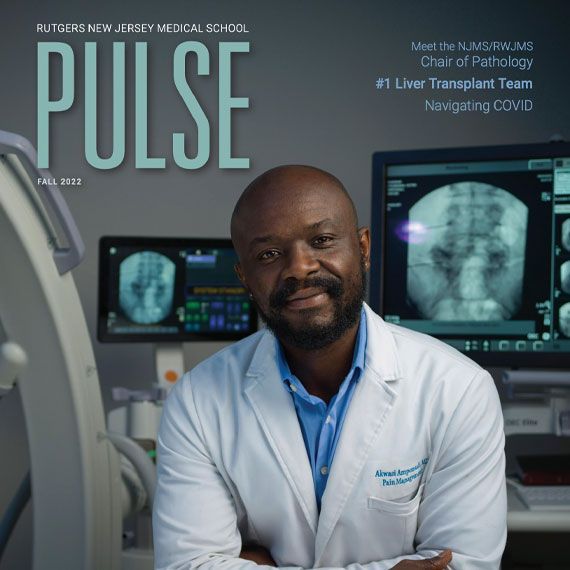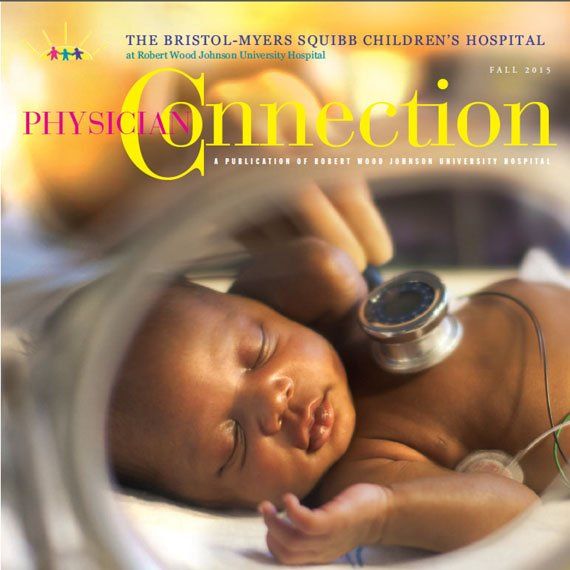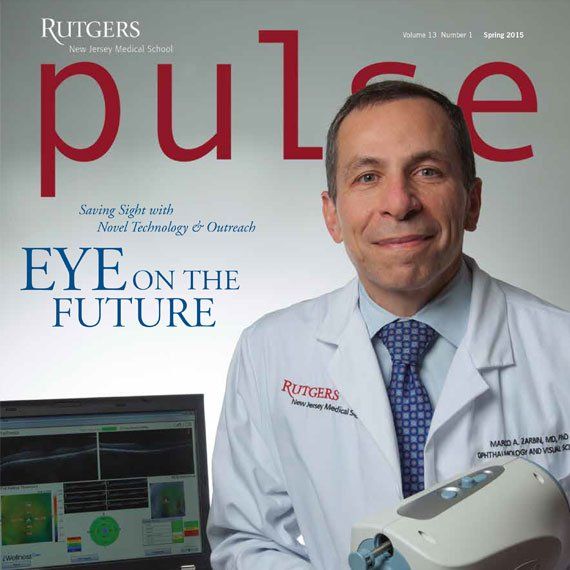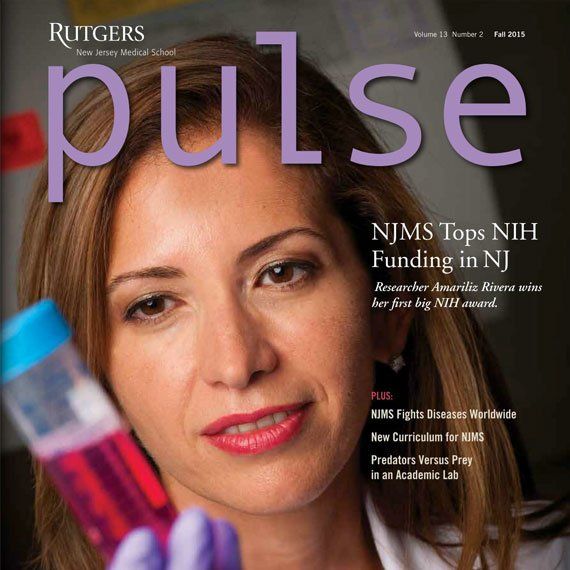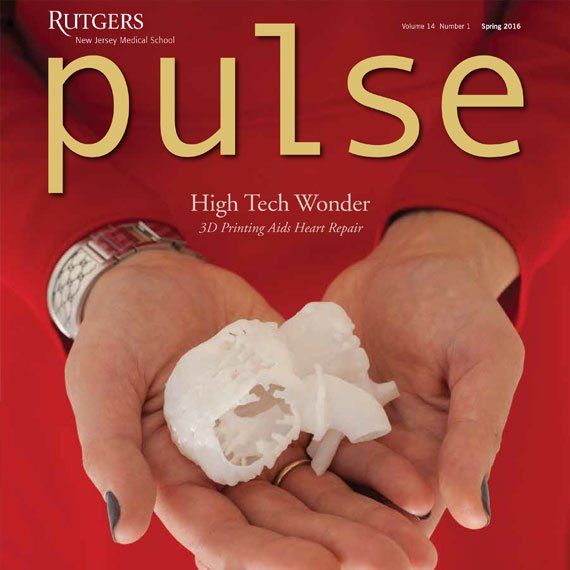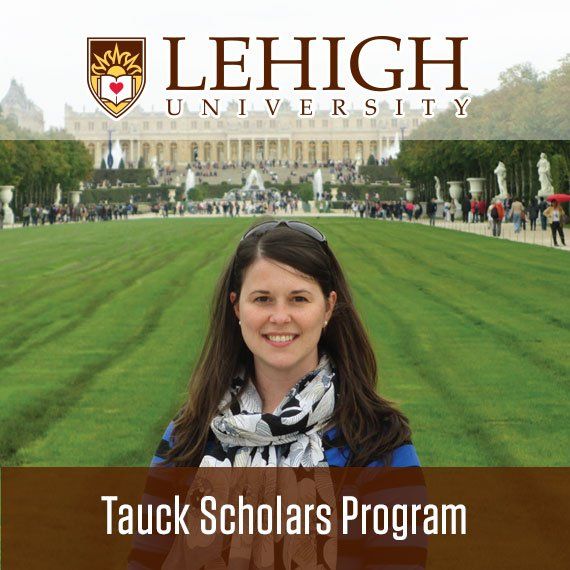
Making Eye Contact
Last week, I walked past a socially-awkward neighbor and tried to make eye contact to wish him a good spring morning. No success. His averted gaze was so striking that the residue of it stuck with me all day. I’ve been hiking past his house for more than a decade and I’m certain he knows me by sight. But making eye contact is never within his demeanor.Later, I locked eyes in an animated conversation with 5-month-old Evangeline whose smile lights up her face whenever she sees me.
“Making eye contact is the most powerful mode of establishing a communicative link between humans,” according to four researchers who conducted a clinical trial at the University of Padua in Italy. This team discovered that infants as young as 2 to 5 days old “can discriminate between direct and averted gaze” and prefer to look at faces that engage them in mutual gaze. This truth is so pronounced for all my grandchildren – Finn, 3, Charlotte 1 ½ and baby Evan. “The exceptionally early sensitivity to mutual gaze… is arguably the major foundation for the later development of social skills,” write Teresa Farroni, Gergely Csibra, Francesca Simion and Mark H. Johnson. Their study results, titled “Eye Contact detection in humans from birth,” were published by the Proceedings of the National Academy of Sciences of the United States of America.
So what’s up with my neighbor? First of all, I shouldn’t take it personally. Research suggests that eye gaze perception may be symptomatic of autism or Asperger’s syndrome. According to this Italian study, there is “considerable controversy about whether making eye contact is a perceptual skill acquired through experience or caused by innate mechanisms.” Meanwhile, on the off chance that regular practice can make for better social skills, I am planning even more face time with grandchildren. Being able to interpret eye-gaze signals is “essential for developing a rich understanding of others’ mental states, often called a ‘theory of mind.’” My unlucky neighbor was constitutionally unable to read my happy spring signals.











